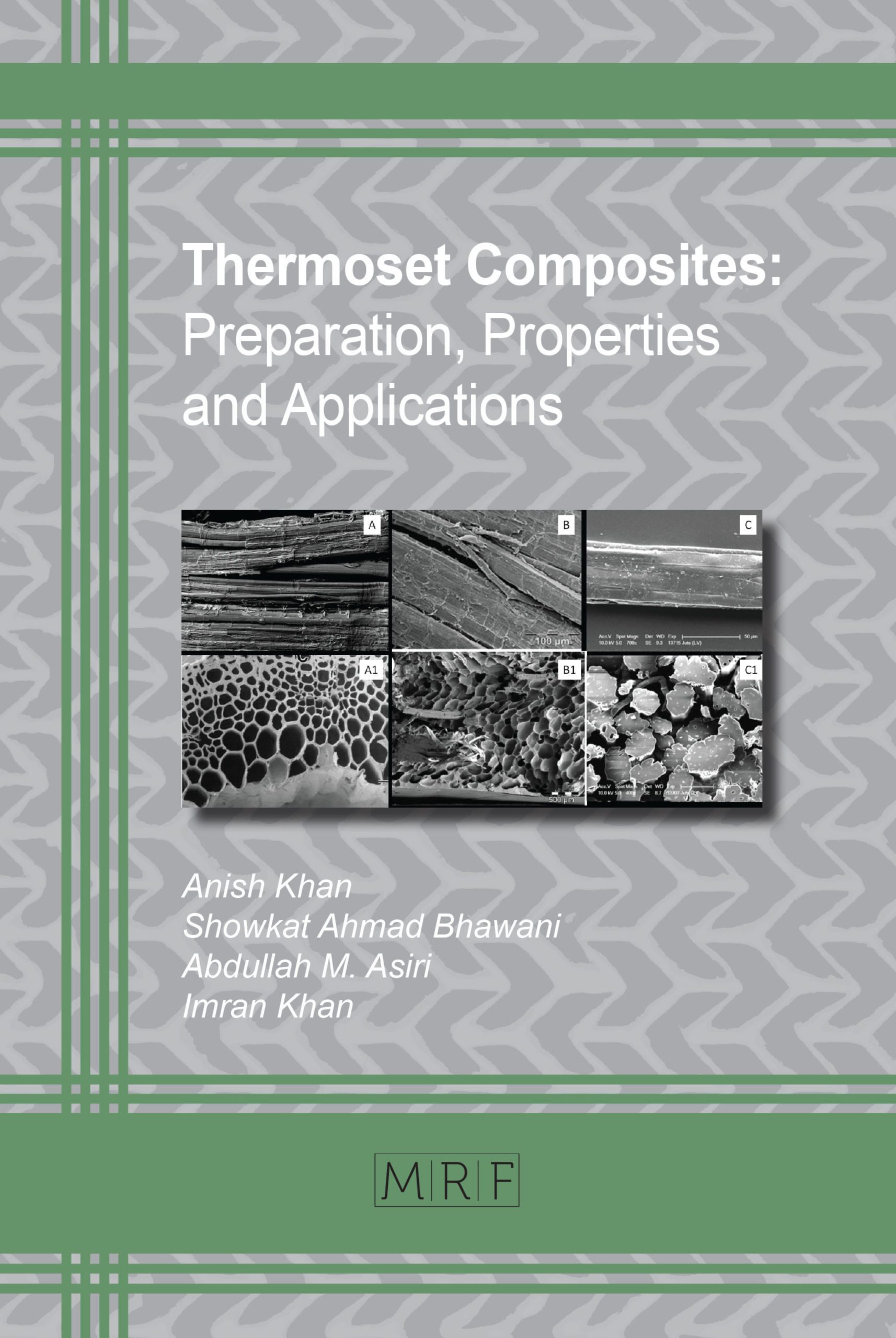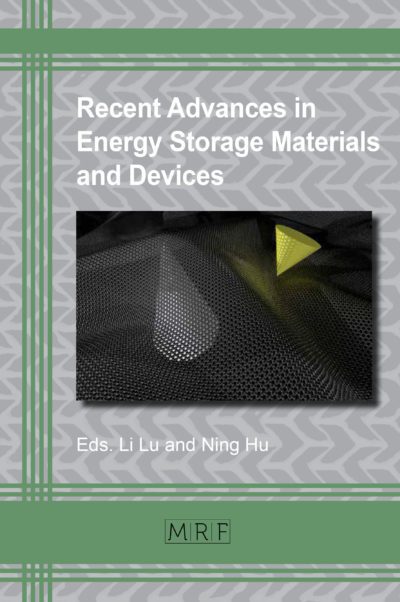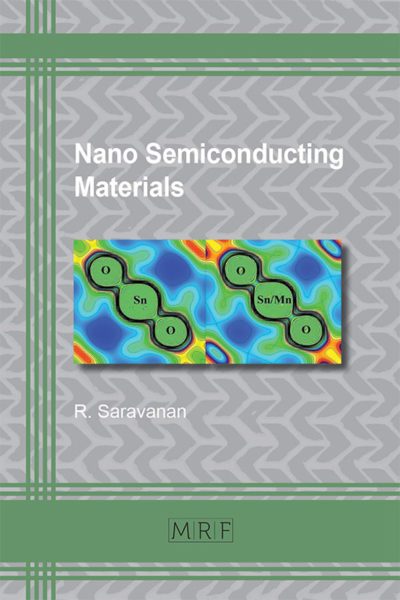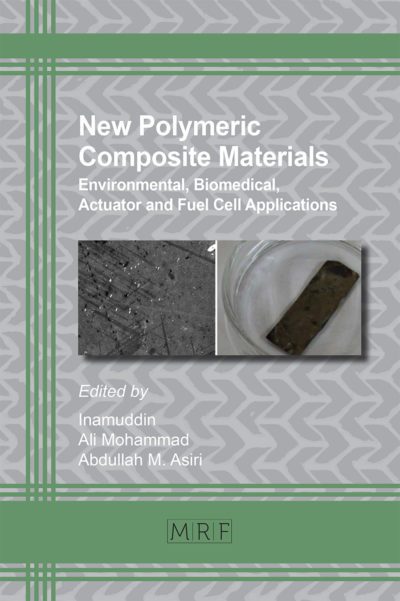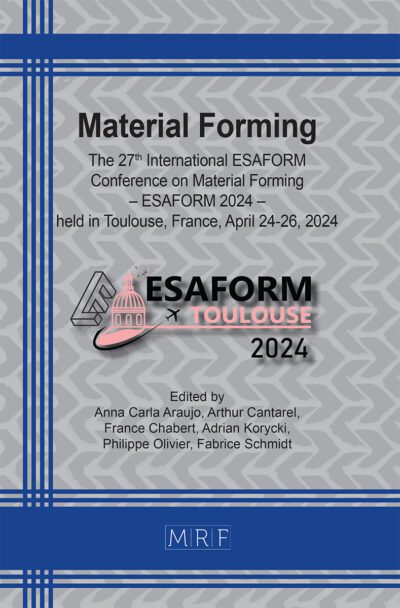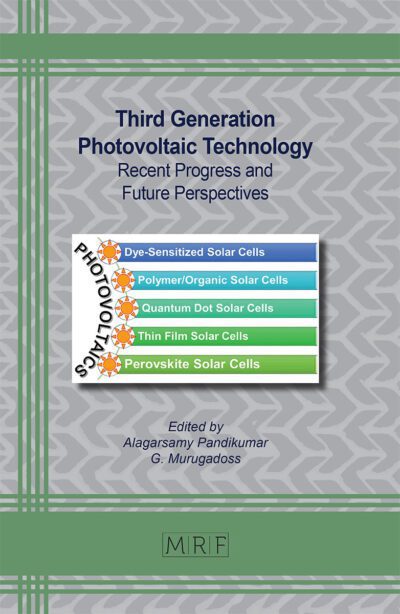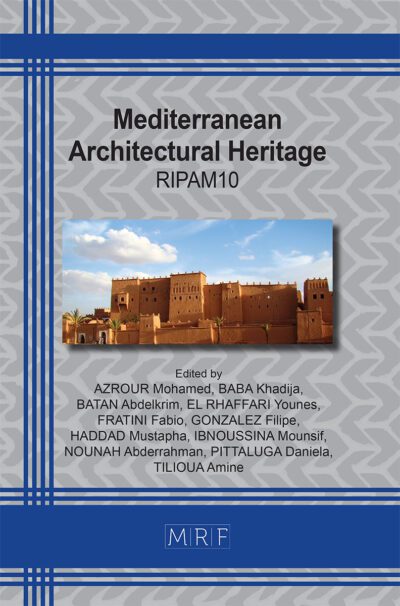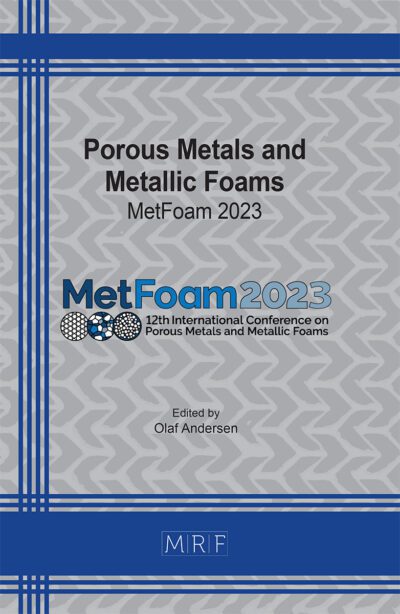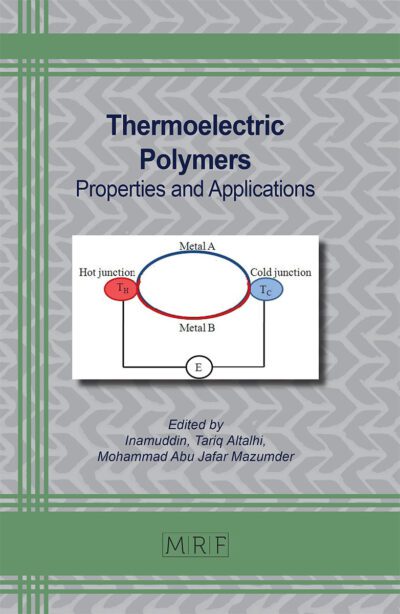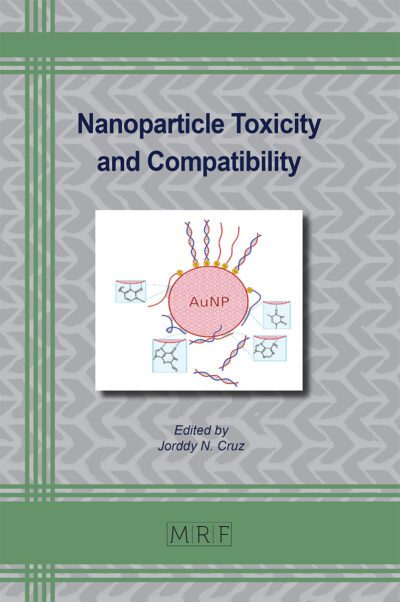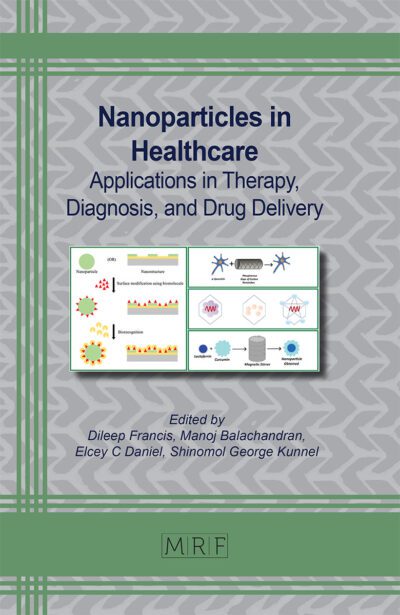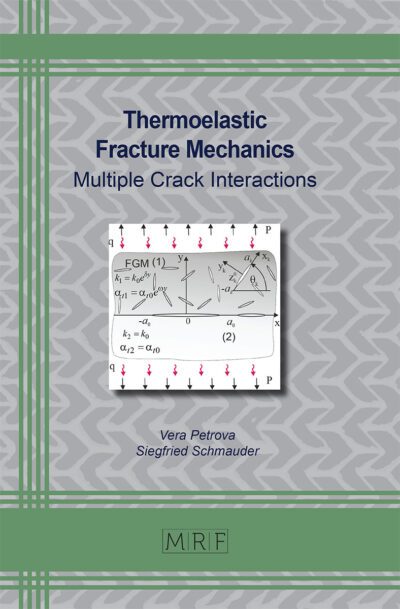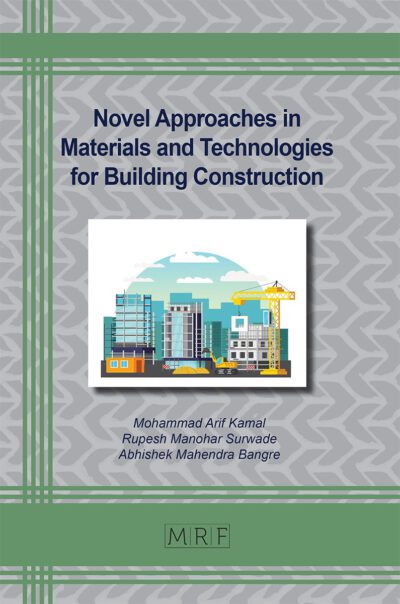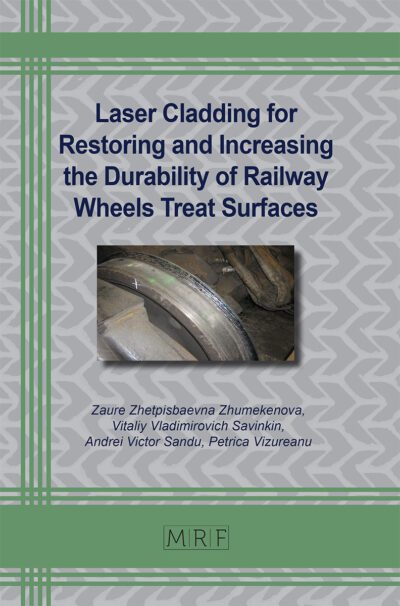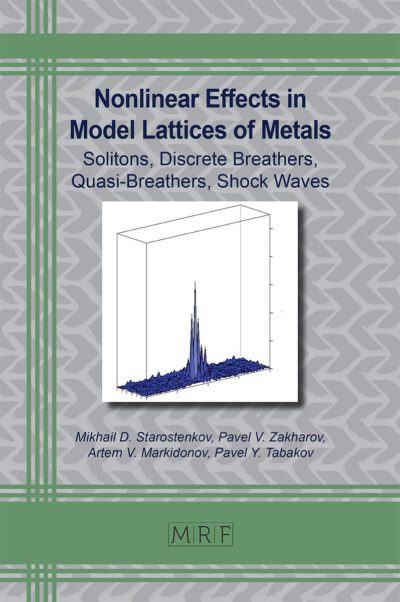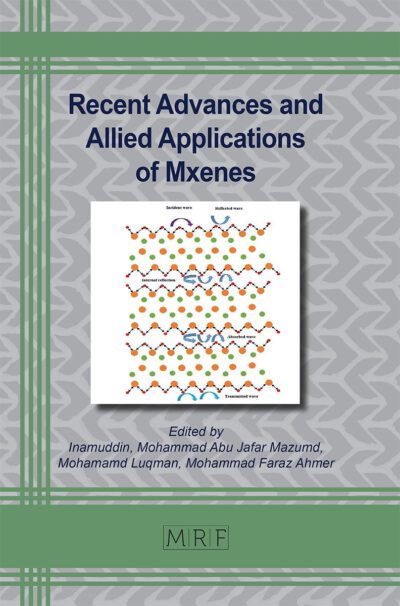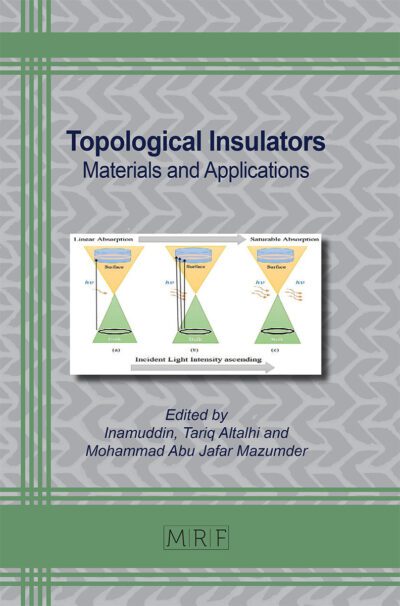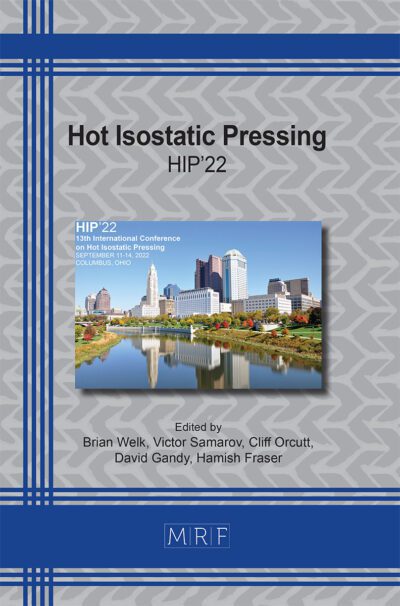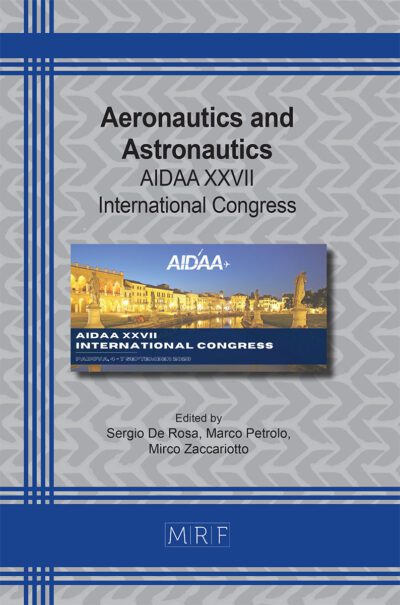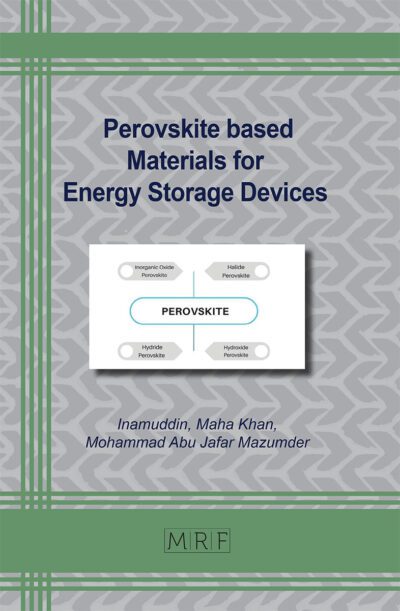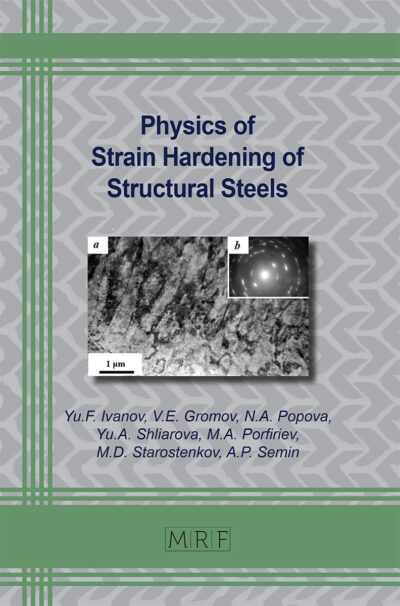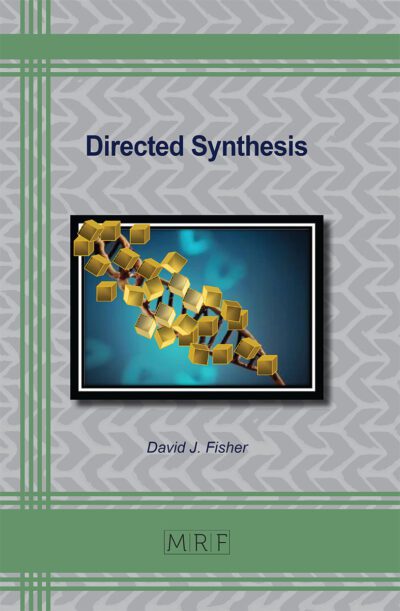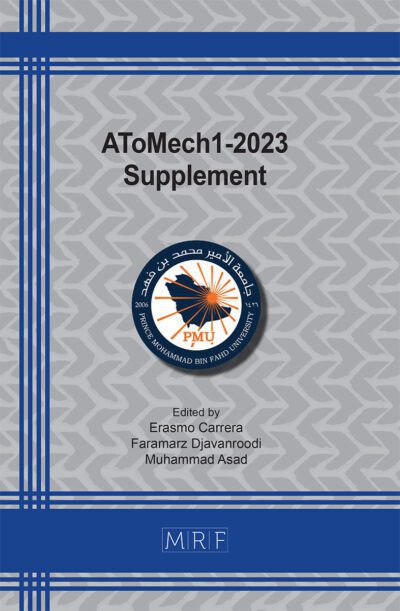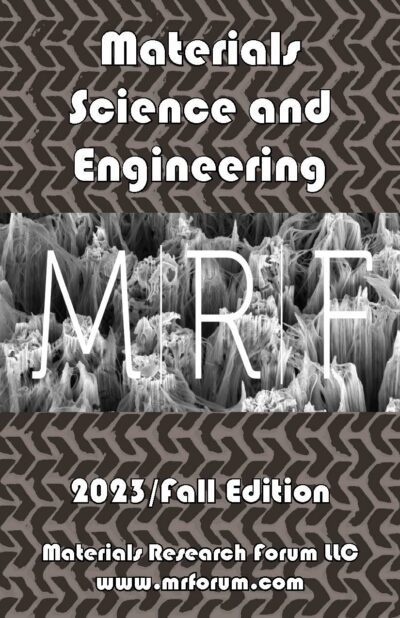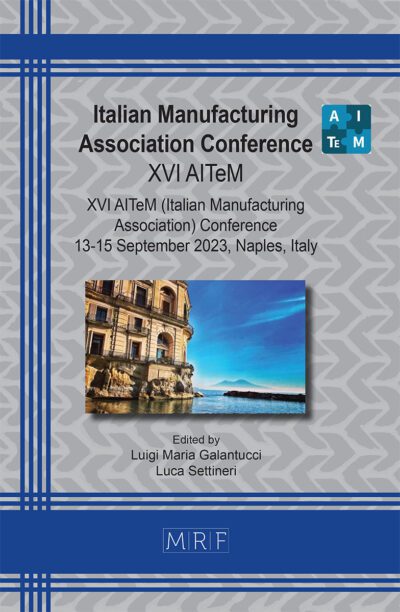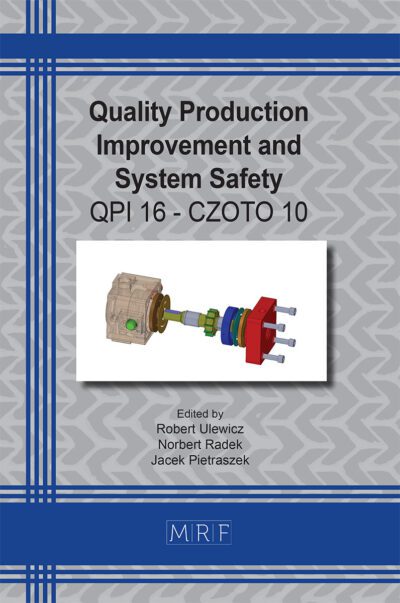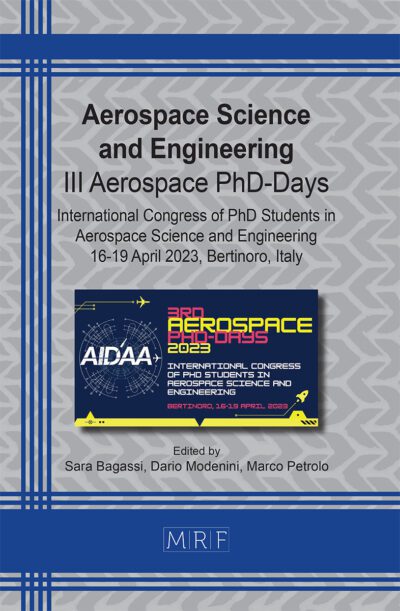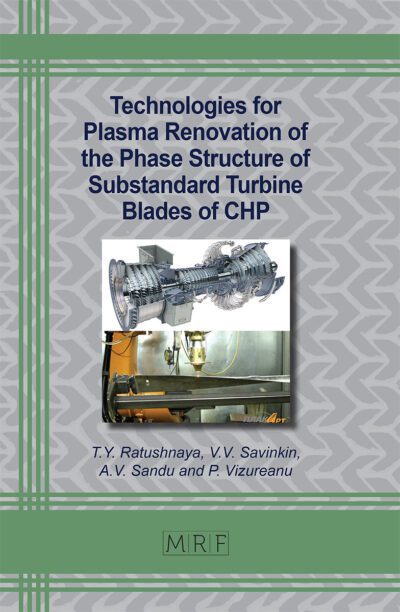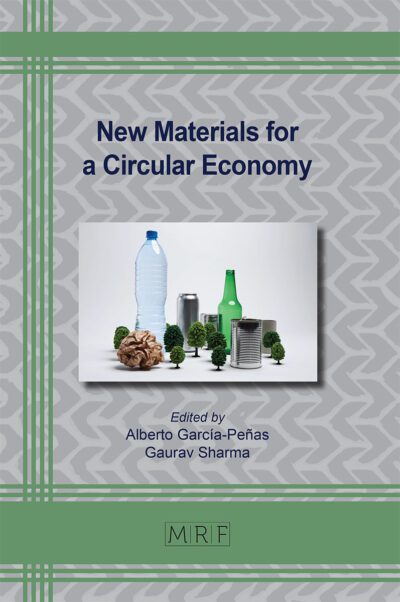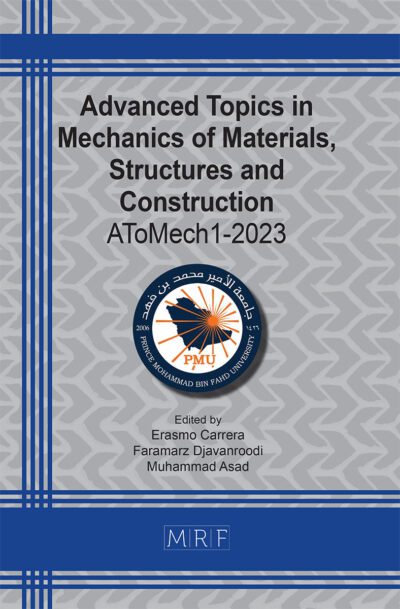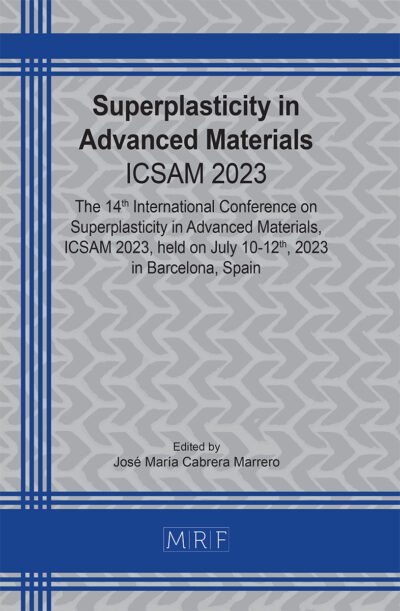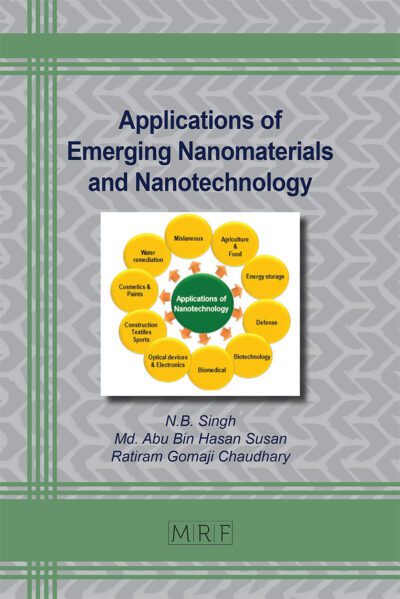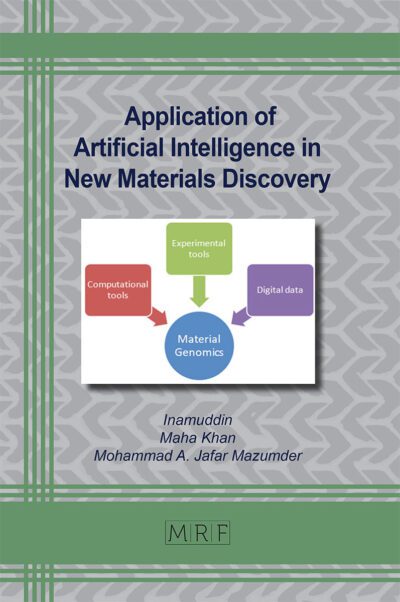Thermoset Composites: Preparation, Properties and Applications
Eds. Anish Khan, Showkat Ahmad Bhawani, Abdullah M. Asiri, Imran Khan
Materials Research Foundations Vol. 38
Publication Date 2018, 350 Pages
Print ISBN 978-1-945291-86-9 (release date October 10th, 2018)
ePDF ISBN 978-1-945291-87-6
DOI: 10.21741/9781945291876
Characterization, design, specific properties and applications of thermoset composites are reported. These composites are presently in high demand because they can be shaped into many-sided segments and structures, and can have a great variety of densities and special physical and mechanical properties. The research reported includes: Energy absorption of fiber reinforced composites; automotive crashworthiness; lignocellulosic composites; hybrid bast fiber reinforced composites; nano-carbon/polymer composites; electromagnetic shielding; structural mechanical applications; electromagnetic field emission applications, conductive composites; epoxy composites for structural purposes; tribological performance of polymeric composites.
Keywords
Thermoset composites, Polymeric Composites, Fiber Reinforced Composites, Lignocellulosic Composites, Hybrid Bast Fibers, Epoxy Composites, Nano-Carbon/Polymer Composites, Conductive Composites, Polyurethane Composites, Wood Flour Filled Composites, Energy Absorption, Automotive Crashworthiness, Electromagnetic Shielding, Electromagnetic Field Emission Applications
Table of Contents
Energy Absorption of Natural Fibre Reinforced Thermoset Polymer Composites Materials for Automotive Crashworthiness: A Review
Mohamed Alkateb, S.M. Sapuan, Z. Leman, M.R. Ishak, Mohammad Jawaid
Wood Flour Filled Thermoset Composites
M. Ramesh, L. Rajeshkumar
Experimental and Analysis of Jute Fabric with Silk Fabric Reinforced Polymer Composites
M.R. Sanjay, K.N. Bharath, R. Vijay, D. Lenin Singaravelu, A. Vinod, M. Jawaid, Anish Khan
Biosourced Thermosets for Lignocellulosic Composites
A. Pizzi
Hybrid Bast Fibre Strengthened Thermoset Composites
Sekhar Das, Shantanu Basak, Pintu Pandit, Amiya Kr. Singha
Nano-Carbon/Polymer Composites for Electromagnetic Shielding, Structural Mechanical and Field Emission Applications
Ashwini P. Alegaonkar, Prashant S. Alegaonkar
Conductive Thermoset Composites
Halima Khatoon, Sajid Iqbal, Sharif Ahmad
Waterborne Thermosetting Polyurethane Composites
Sashivinay Kumar Gaddam, Pothu Ramyakrishna, Aditya Saran, Rajender Boddula
Classical Thermoset Epoxy Composites for Structural Purposes: Designing, Preparation, Properties and Applications
A.E. Kolosov, E.P. Kolosova, V.V. Vanin, Anish Khan
A Review on Tribological Performance of Polymeric Composites Based on Natural Fibres
Umar Nirmal, Alvin Devadas, M.M.H. Megat Ahmad, M.Y. Yuhazri
Google Preview
LinkedIn Post
About the Editors
Dr. Anish Khan is currently working as Assistant Professor, at Chemistry Department, Centre of Excellence for Advanced Materials Research (CEAMR), Faculty of Science, King Abdulaziz University, Jeddah, Saudi Arabia. Ph.D. Completed from Aligarh Muslim University, India in 2010. He has 13 years of research experience in the field of organic-inorganic electrically conducting nano-composites and its applications in making chemical sonsor. He completed his Postdoctoral from the School of Chemical Sciences, University Sains Malaysia (USM) on electroanalytical chemistry. He has published more than 100 research articles in refereed international journals. He attended more than 10 international conferences/workshops, has published 2 books and 7 book chapters. He completed around 20 research projects. He is managerial editor of Chemical and Environmental Research (CER) Journal, a Member of the American Nano Society, his field of specialization is polymer nanocomposite/cation-exchanger/chemical sensor/micro biosensor/nanotechnology, application of nanomaterials in electroanalytical chemistry, material chemistry, ion-exchange chromatography and electro-analytical chemistry, dealing with the synthesis, characterization (using different analytical techniques) and derivatization of inorganic ion-exchanger by the incorporation of electrically conducting polymers.
Dr. Showkat Ahmed Bhawani is presently working as a Senior Lecturer at the Department of Chemistry, Faculty of Resource Science and Technology, UNIMAS Malaysia. In addition to this, he has teaching experience of two years from King Abdul Aziz University- North Jeddah and a post-doctoral experience of three years from the Universiti Sains Malaysia, Malaysia. He received his M Sc. in Analytical Chemistry and Ph D. in Applied Analytical Chemistry from Aligarh Muslim University, Aligarh, India. He is working on the synthesis of molecular Imprinting polymers for the removal/extraction of dyes, fungicides and various natural products from environmental and biological samples. In addition to this, he is also working on the development of new test methods and determining standard conditions for analysis (Separation, Isolation, and Determination) of various analytes from environmental and biological samples. He was involved in the analysis of samples like Surfactants, Amino acids, Drugs, Vitamins, Sugars and Metal ions.
Prof. Abdullah Mohammed Ahmed Asiri is Professor in Chemistry Department – Faculty of Science -King Abdulaziz University. Ph.D. (1995) From University of Walls College of Cardiff, U.K. on Tribochromic compounds and their applications. He has published more than 1000 Research articles and 20 books. He is the chairman of the Chemistry Department, King Abdulaziz University currently and also the director of the center of Excellence for Advanced Materials Research. Director of Education Affair Unit–Deanship of Community services. He is a member of the advisory committee for advancing materials, (National Technology Plan, (King Abdul Aziz City of Science and Technology, Riyadh, Saudi Arabia). He is a member of the editorial board of the Journal of Saudi Chemical Society, Journal of King Abdul Aziz University, Pigment and Resin Technology Journal, Organic Chemistry Insights, Libertas Academica, Recent Patents on Materials Science, Bentham Science Publishers Ltd. Beside that he has professional membership of International and National Society and Professional bodies.
Dr. Imran Khan is presently working as an Assistant Professor in the Applied Science and Humanities Section, Faculty of Engineering and Technology, University Polytechnic, Aligarh Muslim University, Aligarh-202002, India. He obtained his Ph.D. in Applied Physics from Aligarh Muslim University, India in 2015. He was selected for the prestigious National Postdoctoral Fellowship (NPDF) from DST-SERB, India in 2016 and completed one year postdoctoral at the Department of Applied Sciences and Humanities, Jamia Milla Islamia, New Delhi-India. He has published more than 24 research papers, 4 book chapters, 1 books published and 1 book in progress in referred international Publishers and more than 12 international conferences/ workshop. The current research interests include magnetic nanoparticles, thin films, polymer composites, graphene composites, nanocomposites, optoelectronic materials, hybrid organic-inorganic composites materials, nanoporous nanostructured materials, etc., sol–gel, hydro–/solvo–thermal, microwave methods etc., thin film preparation through PLD,CVD, sputtering, and spin-dip coatings techniques etc.

